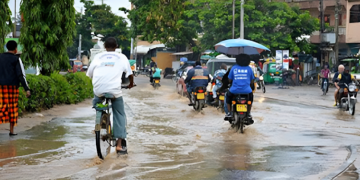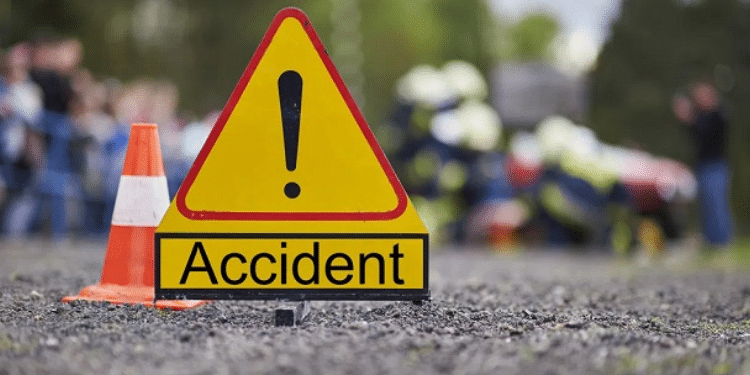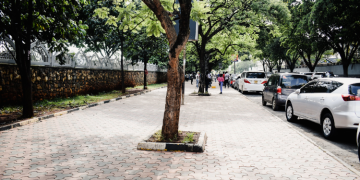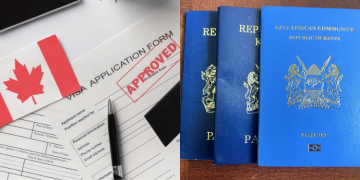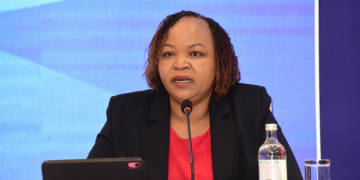Kenyans will soon benefit from free ambulance services and emergency medical care for the first 24 hours, under a new plan unveiled by the Social Health Authority (SHA).
While addressing the media on October 3, SHA CEO Mercy Mwangangi revealed that SHA is currently establishing a National Ambulance Dispatch Center, which will play a central role in coordinating emergency response across the country.
Once operational, individuals will be able to call a designated emergency number, allowing responders to immediately locate and dispatch ambulances using real-time location tracking.
“Yes, SHA will be for free for 24 hours for all Kenyans. However, after 24 Hours, there are two pathways to follow,” Mwangangi said.
SHA Unveils Free Ambulance Services For Kenyans
Under the new plan, SHA will cover up to Ksh4,500 for ambulance evacuation to the nearest emergency facility within a 25-kilometre radius.
Additionally, emergency treatment received within the first 24 hours will be fully covered for all Kenyans, including those who have not yet registered under the SHA or the Social Health Insurance Fund (SHIF).
Also Read: How to Update Your Personal Details on the SHA Portal
What Happens After 24 Hours?
After the initial 24-hour period, care coverage will depend on the patient’s SHIF membership status:
- SHIF members will continue to receive full care under the fund, while
- Non-members will be required to pay out-of-pocket for services beyond the first 24 hours.
Mwangangi described the initiative as a milestone in Kenya’s healthcare system and expressed confidence in its potential to drastically improve the country’s health outcomes.
Health experts anticipate that the introduction of free ambulance services and 24-hour emergency care will lead to a significant improvement in health sector.
Also Read: SHA Unveils New Guidelines For Overseas Treatment, Sets Maximum Cash Govt Will Pay
Reason Behind The Initiative
The initiative is expected to help reduce maternal mortality, under-five deaths, and fatalities resulting from road traffic accidents.
By ensuring timely access to emergency services, especially in critical cases, the country is likely to experience a substantial decline in preventable deaths.
The ambulance service will cater to a broad range of critical and life-threatening conditions, including maternity complications (such as excessive bleeding), severe asthma attacks, stroke, kidney failure, and heart-related emergencies.
Real-time location tracking will be integrated into the system to enable faster ambulance response and reduce delays in emergency care.
Additionally, the ambulance is expected to have far-reaching impacts on emergency healthcare access, particularly for people living in remote and underserved communities.
With the rollout of this program, Kenya is aligning itself with global best practices in emergency response, while working to eliminate financial barriers to lifesaving care.
Follow our WhatsApp Channel and X Account for real-time news updates.


